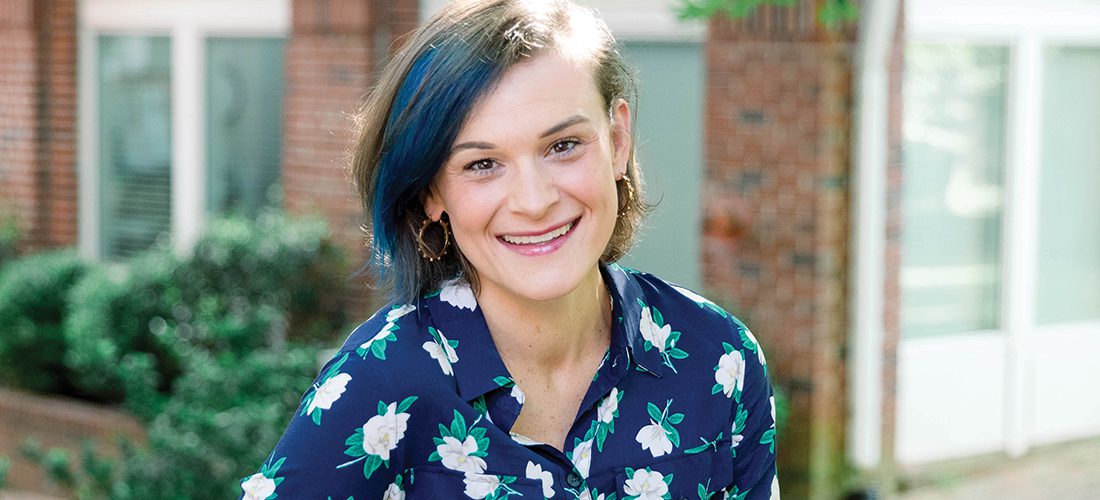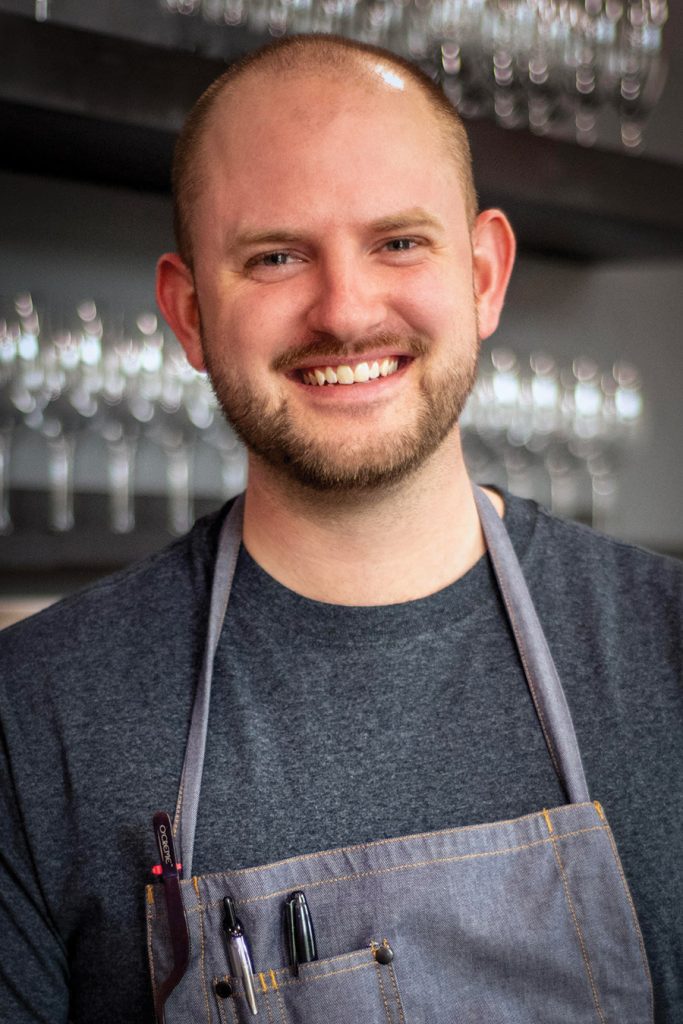Well + wise: What’s your story?
October 31, 2022

The importance of storytelling in communicating with others
by Juliet Lam Kuehnle
As a psychotherapist, I have the privilege of listening to people’s stories and the challenge of working to discover the nuances within the overarching narrative. I have a particular interest in how people form and share stories. The way stories are told depends on the storyteller. I can hear the “same” tale from two different people, and it can vary wildly. We don’t realize how many factors influence our experience of an event, an interaction or a vignette.
Our self-concepts and core beliefs have a big impact on this framework, as well. We can paint ourselves or others as a hero or a villain in a story, just as we may also be the hero or villain in someone else’s account. The way we talk to ourselves is also in story form, as we create a narrative about something that has happened. Stories can be about self-protection, self-expression, education, connection, meaning-making and fostering understanding.

Sam Hart is the chef and owner of Biblio, a tapas and wine bar, and Counter-, which offers a 10-course
tasting menu with themed music. Both are set to open this fall on West Morehead Street.
But storytelling isn’t just in narrative form. Stories are also told through art, dance, lyrics, food and so much more. Why does this matter? Brene Brown explains: “We’re wired for story. In a culture of scarcity and perfectionism, there’s a surprisingly simple reason we want to own, integrate and share our stories. We do this because we feel the most alive when we’re connecting with others and being brave with our stories — it’s in our biology.” Consider what you’re drawn to: It’s likely the passion and relatability that you connect with when you encounter someone’s expression of their story or when they listen to yours. The authenticity draws us in.
I recently spoke with Sam Hart on my mental-health podcast Who You Callin’ Crazy?! Sam is the owner and chef at Counter- and Biblio.
“I like to say that I am more of a storyteller than anything else,” Hart said when introducing himself. “That’s how the restaurant is set up to be. Counter- is a fine-dining, story-driven, progressive tasting menu, where on a seasonal basis we change not only the food that’s on the plate, but also the story that is the driving force behind them. And Biblio, which is opening up later this year, honors all the winemakers, vineyards and distributors’ stories through wine lists.” Have you ever had a meal that you just can’t stop thinking about or had a moment of silence after taking a bite of something stunning? These are the chefs who are truly connected to their food and their work and are communicating to you through their craft. This storytelling elevates the entire experience.
I asked Sam why storytelling is important to him. He shared that when he was a kid, he wanted to be an archaeologist.
“I would go hiking, and I would think to myself, ‘What was the last set of footprints that came before me on this same piece of land?’ And just thinking about the depth of all of those stories — that even though they happened over a different time, they all started off right here on this land.” Sharing in people’s stories has always been of interest to him, so he found a way to incorporate that in his restaurant, making it one of the hottest tickets in town. His concept is also influenced by his life experiences. Sam graciously shared about his mental-health journey and how everything from experiencing child abuse to his diagnosis in adulthood with bipolar disorder and major depressive disorder has shaped how he exists in the world and relates to others. He is passionate about changing the narrative from one “struggling with mental illness” to one being “successful with mental illness.” In doing so, he lifts up the stories of others, with a particular focus on those who are underrepresented. This is illustrated through his menus and through his food.
Recognizing how we each tell our stories and how we listen to others’ stories is what connects us. It’s a driving force for how we feel about ourselves and how we navigate the world. Reckoning with our own stories, recognizing other’s roles in our stories, and attempting to understand the stories of others gives us a framework for our lives. This allows us to feel more agency in writing our new chapters and making sense of old ones. If we’re indeed wired for story, are you listening? SP
Juliet Kuehnle is the owner and a therapist at Sun Counseling and Wellness. The full interview of Kuehnle’s “Who You Callin’ Crazy?!” interview featuring Sam Hart can be found on Instagram @yepigototherapy or wherever you stream podcasts.
